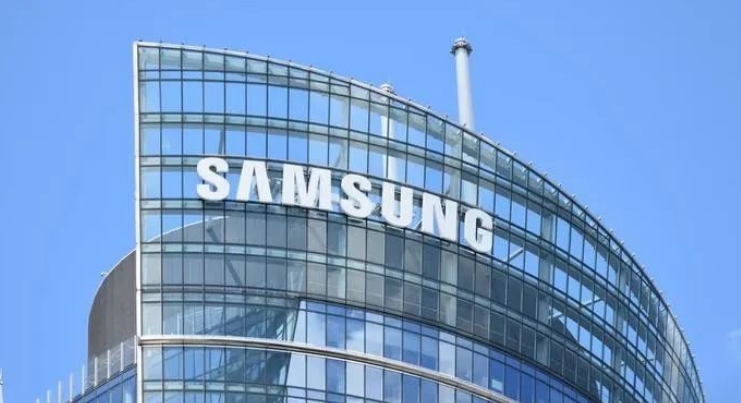On November 22, according to South Korean media reports, Samsung Electronics' employee union voted against a 5.1% pay raise proposal!
According to reports, the National Samsung Electronics Union (NSEL) organized more than 22,000 members to participate in the vote, of which 58.6% of participants voted against. The agreement was reached last week after the union called a month-long strike action in July.

Wage negotiations between Samsung Electronics and the labor union began in January. The union represents about 36,000 employees, or about 30 percent of the company's total workforce. The rejected deal included a 5.1 percent wage increase and other benefits.
2023 was particularly turbulent for NSEL, as they launched their first full-scale strike on July 8. After the strike, three days of intensive negotiations began on July 29, but ultimately failed to reach an agreement.
In August, NSEL suffered a major blow, losing its right to negotiate as a representative. However, the union regained those rights in early October, and main negotiations resumed on October 17. A series of renegotiations led to the initial deal, which was rejected by union members.
The tentative agreement includes a number of benefits, such as ensuring that union members have access to paid time to attend union conventions and education and training. In addition, it is proposed to issue 2 million home Net credits to all employees, which can be used to purchase company products. Based on the company's base of 125,000 employees, the points are worth about 25 billion won and are valid for two years from the date of issuance.
Despite these benefits, union members remained unsatisfied, leading to the rejection of the proposal.
Looking back at the entire negotiation process, since January 16, 2024, Samsung Electronics and the national Samsung Labor Union began to merge negotiations on a two-year salary agreement from 2023 to 2024. Both sides had hoped for a quick agreement, but the vote apparently dashed those hopes.
One industry analyst noted that the vote was at odds with the expectations of company and union leadership that the preliminary agreement would pass smoothly. The unexpected result could lead to a further extension of negotiations into next year and possibly even the complication of negotiating a three-year collective bargaining agreement simultaneously in 2025.
* Disclaimer: This article is from the Internet, if there is any dispute, please contact customer service.



